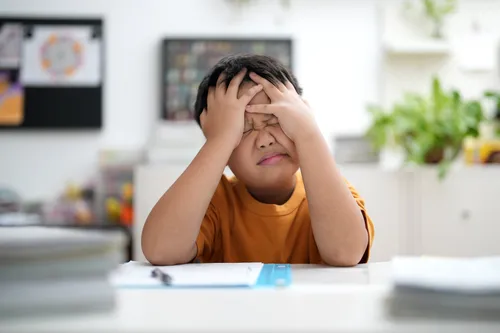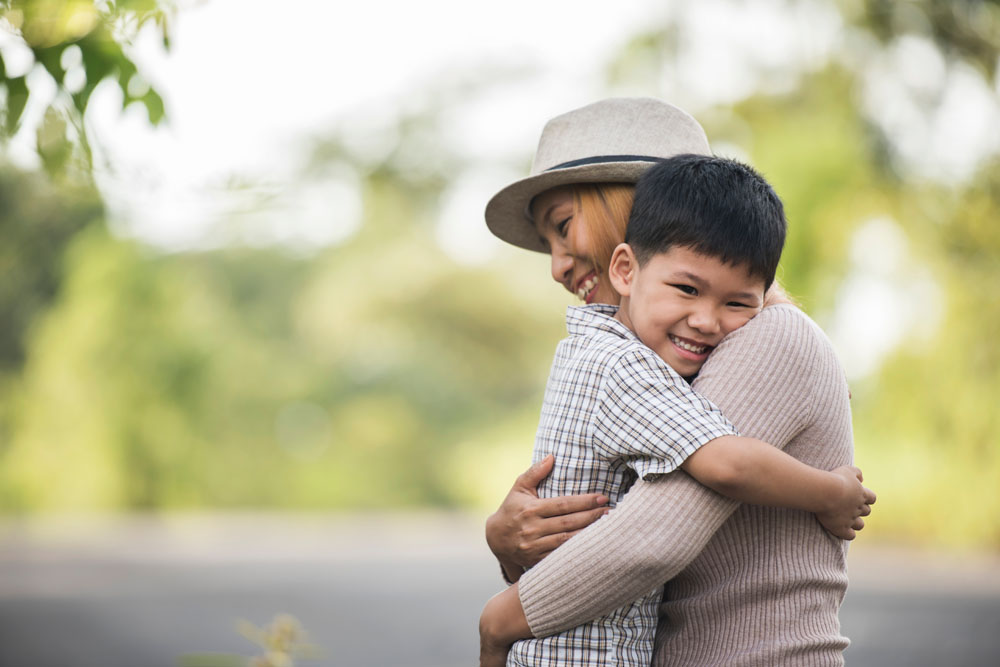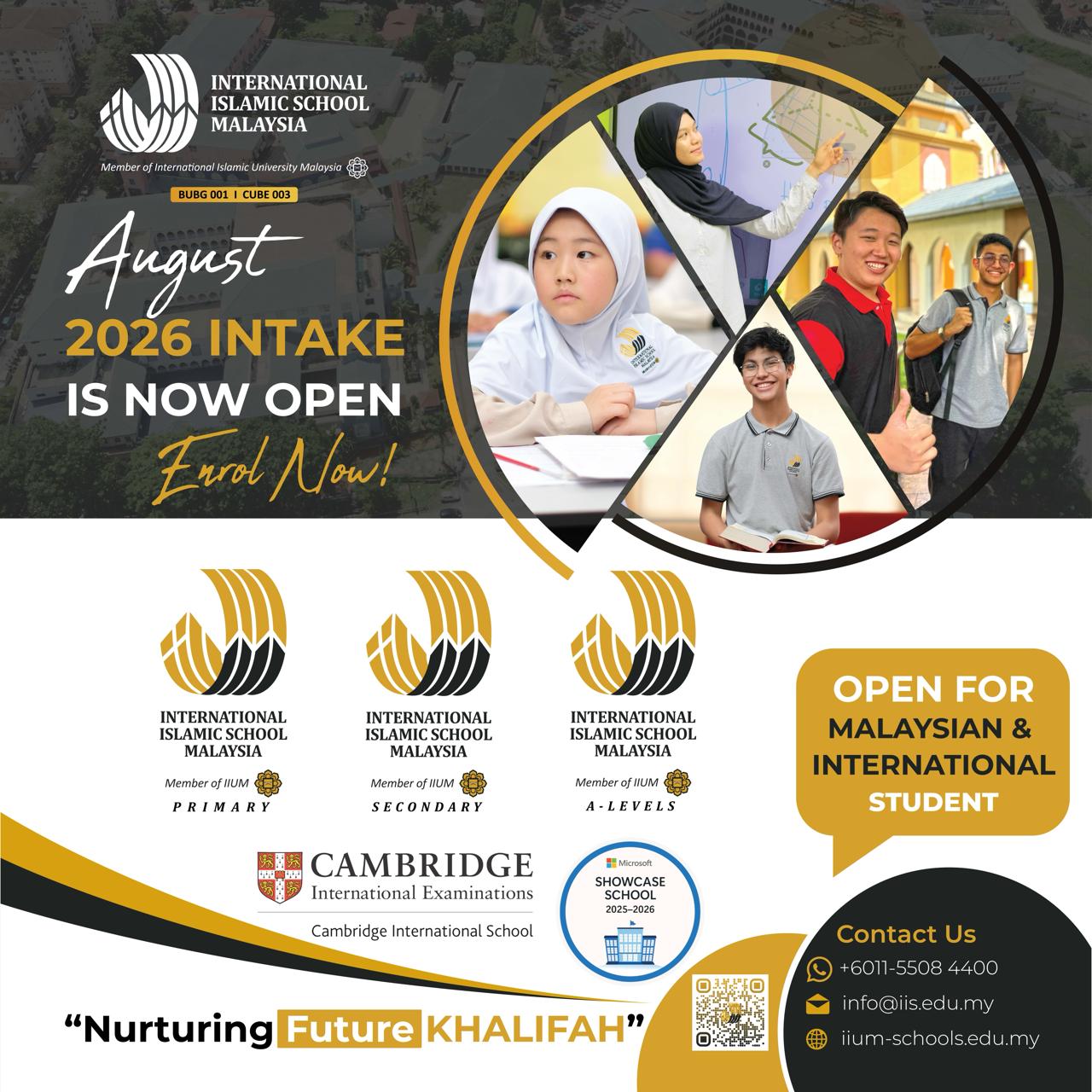Dr Maria Montessori said, “… Education is not something which the teacher does, but that it is a natural process which develops spontaneously in the human being. It is not acquired by listening to words, but in virtue of experiences in which the child acts on his environment. The teacher’s task is not to talk, but to prepare and arrange a series of motives for cultural activity in a special environment made for the child.”
Since 1986, The children’s house has firmly adhered to the Montessori method of education and still strongly believes in this scientifically-proven approach. Aunty Nan, the founder of The children’s house, shares on how the Montessori education develops a strong holistic foundation in the early years of a child.
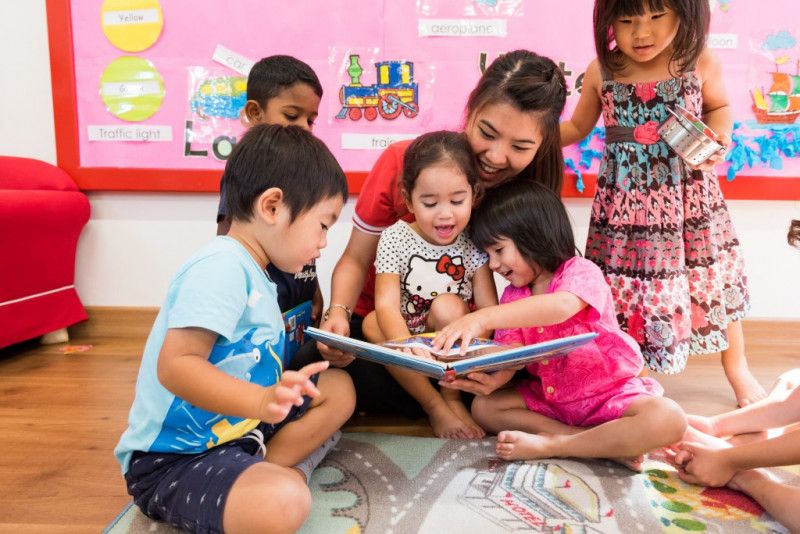
The Montessori Approach
Montessori respects each child as an individual and recognizes him/her as being different from adults. In a prepared environment, children are given the freedom to choose from a range of carefully planned activities and materials, thus encouraging development at their own pace. Children develop a deep love and a need of purposeful work and are motivated for the sake of the activity itself.
Dr. Maria Montessori designed the educational materials into 5 curriculum areas namely Practical Life, Sensorial, Number Work, Language and Culture. It was in this setting, which had all furniture, fittings and learning materials scaled down to child size. She said "The little child’s first movements were instinctive. Now, he acts consciously and voluntarily, and with this comes an awakening of his spirit…. Conscious will is a power which develops with use and activity. We must aim at cultivating the will…. Its development is a slow process that evolves through a continuous activity in relationship with the environment."
The Montessori education inculcates the learning of good manners, care of self, care of the environment, knowledge and understanding of the world, biology, botany, zoology, geography, history, maths, language and sensory education in her curriculum. These classified teaching materials were concrete and simple to handle. When the child becomes deeply immersed in purposeful activity and as a result, develops power of concentration and acquires the love of learning and acquiring new skills, resulting in character building that goes hand in hand with intellectual development.
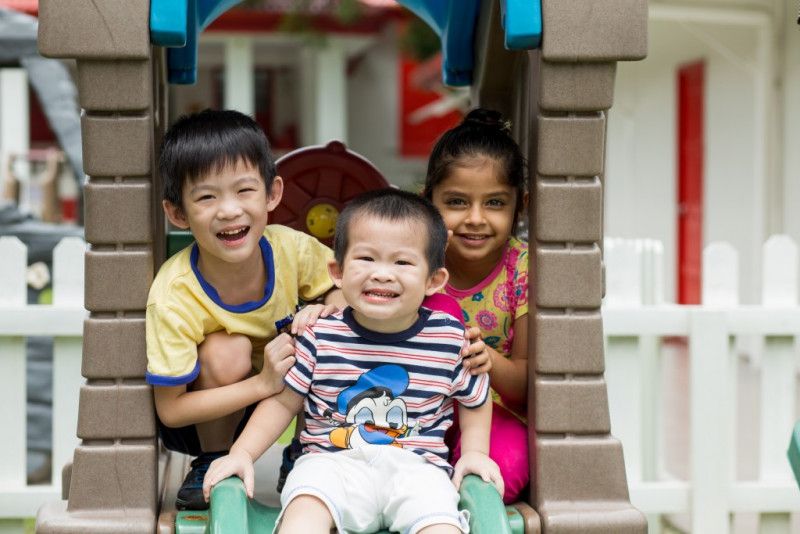
The Significant Transformation
Through 30 years of observation and learning of Montessori, Aunty Nan is fortunate to witness constant communication and engagement in the classrooms. “From timid and wild as they were before, the children became sociable and communicative.” Little by little, the children were choosing their work and focusing on the activity, completing the process and finally replacing them back on the shelf. The transformation they underwent was noticeable. Their personalities grew, they showed extraordinary understanding, vivacity and confidence.
They thrived on routine, tidiness, communal meals and above all the freedom to move, to choose, freedom to express themselves and freedom to work at their own pace in a non-competitive, loving environment. Rules were respected and harmony prevails. They observed good manners spontaneously. Their social and intellectual capabilities were evident. The children became independent, coordinated, self-disciplined, responsible, happy, sociable and above all, lifelong learners.
These compassionate children with a caring, respectful nature certainly have a positive self-image. These qualities give them a strong head start in education for learning is internal rather than external, it’s something that they want to do.














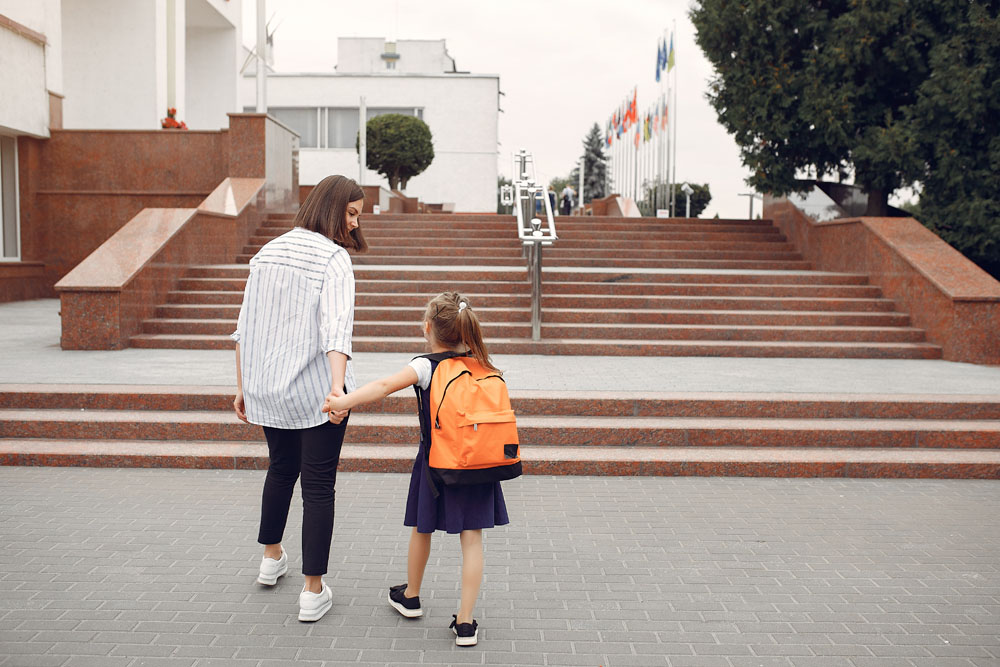
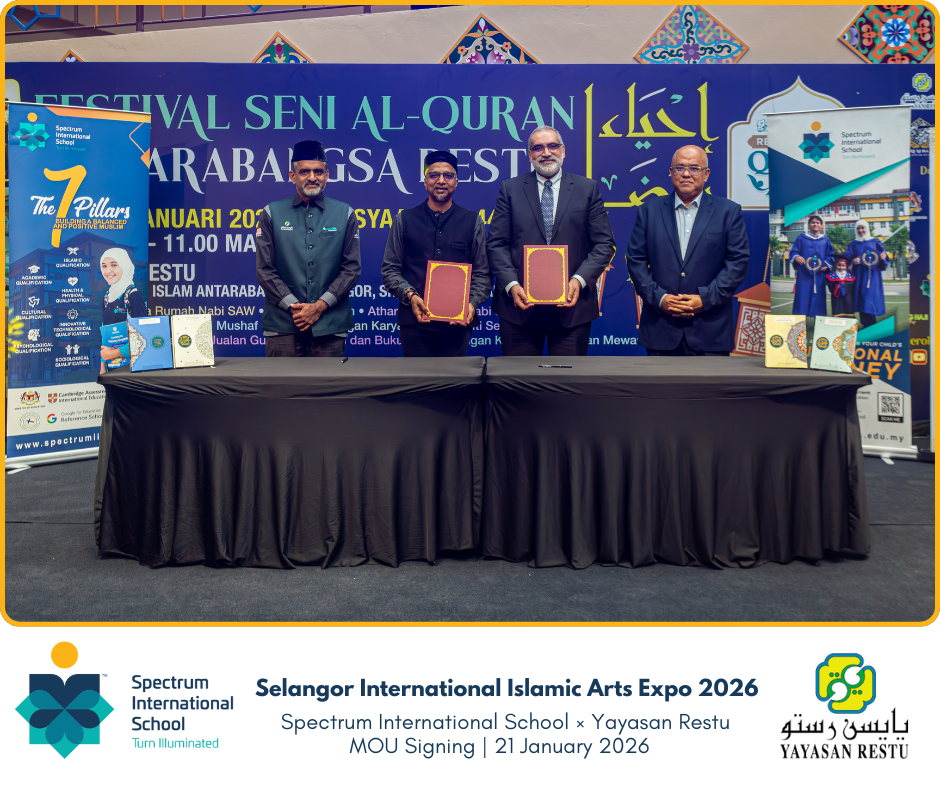
![[Maahad Tahfiz Negeri Pahang] Asia Youth International Model United Nations](https://mint-edm.sgp1.digitaloceanspaces.com/production/qKffTsfZisDxO4b6kcejusAA7mWWgL.jpg)
